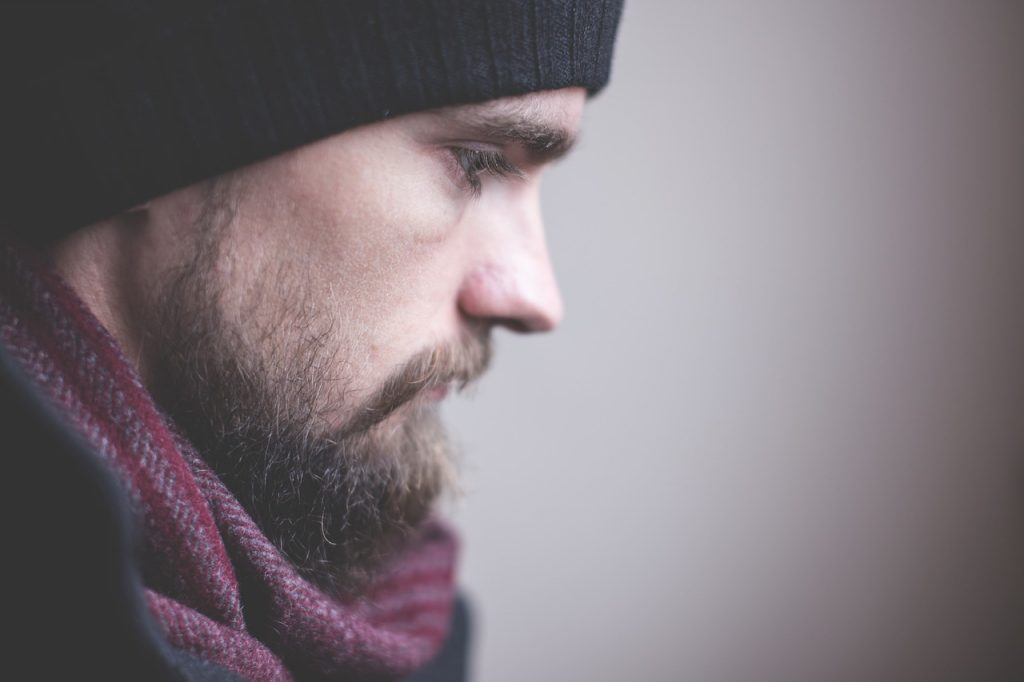The Surprising Effects Isolation Can Have On A Human Being
Scientists will review and analyze the data collected from a recent experiment where Beatriz Flamini lived in isolation for 500 days and conclude what they gleaned from it.
This article is more than 2 years old

An experiment focused on humans living in isolation and the effects on their physical and mental health recently concluded, and the initial results are not what we have come to expect. When we think of isolation, two scenarios quickly come to mind. The first is in prison, when an inmate misbehaves or needs additional punishment, they will be placed in isolation for an extended time or better known as “the hole.” The other is being shipwrecked on a deserted island with no chance of escaping and hoping someone locates your whereabouts. In both scenarios, the people that have experienced it have similarly said that it was enough to drive a person mad, but that wasn’t the case for Beatriz Flamini.
Mountaineer Beatriz Flamini emerged from a cave in Granada after spending 500 days without human contact living 230 feet below ground. Human beings are social creatures that depend on the interactions we have with each other to shape our reality. The experiment studied the effects of that isolation and the impacts on the human body and mind.
When Beatriz emerged from the cave, she had an interesting first take on the whole experience. Beatriz spoke with reporters after a short meeting with her doctors, and according to NPR, which they recounted from The Guardian, she said, “I was sleeping — or at least dozing — when they came down to get me. I thought something had happened. I said: ‘Already? No way.’ I hadn’t finished my book.” By then, she had already completed 60 books during her extended stay in the cave.
Flamini spent her days reading, drawing, exercising, knitting, and video recording her thoughts with two GoPros. There was a team of scientists that were monitoring her from afar; just in case something went tragically wrong, they would be able to administer assistance. She descended into the cave on November 21st, 2021, and was 48 years old when she entered the cave and 50 years old when she came out of the cave.
During that time, she missed a few big global events like Russia’s invasion of Ukraine and Queen Elizabeth’s death. When Flamini approached the Spanish production company Dokumalia about this idea they will be looking to release a documentary covering the whole experience, she was adamant about not being contacted even if a close family member were to pass away. After researching some of the merits of this experiment, I think it should be mentioned that Beatriz volunteered for this experiment and, in fact, was the person that had the initial idea to do it.
The negative impacts of isolation typically surround a circumstance where the isolated person isn’t willing to participate in that situation. This completely changes what we can gather from Beatriz’s 500-day sabbatical in a cave in Granada. A distinction should be made that she was excited about being isolated and had food, supplies, and entertainment like books all at the site.
Flamini is also a professional mountaineer with a lot of experience being in isolated situations on past expeditions and climbing up some of the most enormous mountains in the world. More or less, she was in a prime physical and mental condition to complete the time away from human contact. It would be a lot different if it were Average Joe from down the street being the subject of such an experiment.
Ultimately the scientists will review and analyze the data collected and conclude what they were able to glean from it. We don’t want to discount the difficulty of what she had accomplished because it takes a lot of control to stay isolated when you start having auditory hallucinations or when she experienced a fly invasion that left her completely covered in them. Even though she has completed the time underground, the doctors will still meet with her to check on any longer-term health ramifications that may appear well after the isolation.



